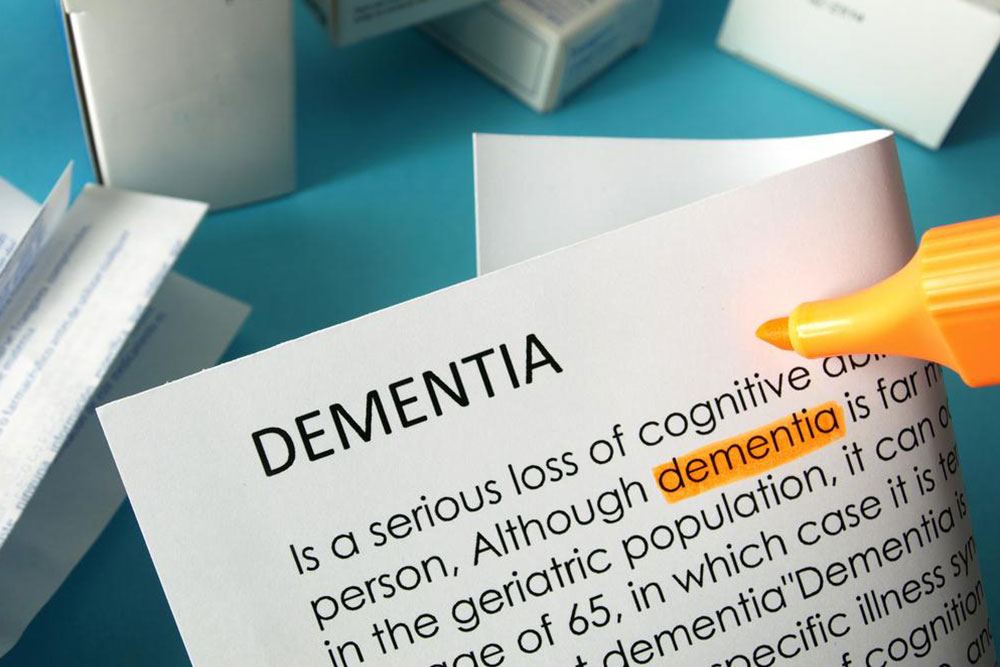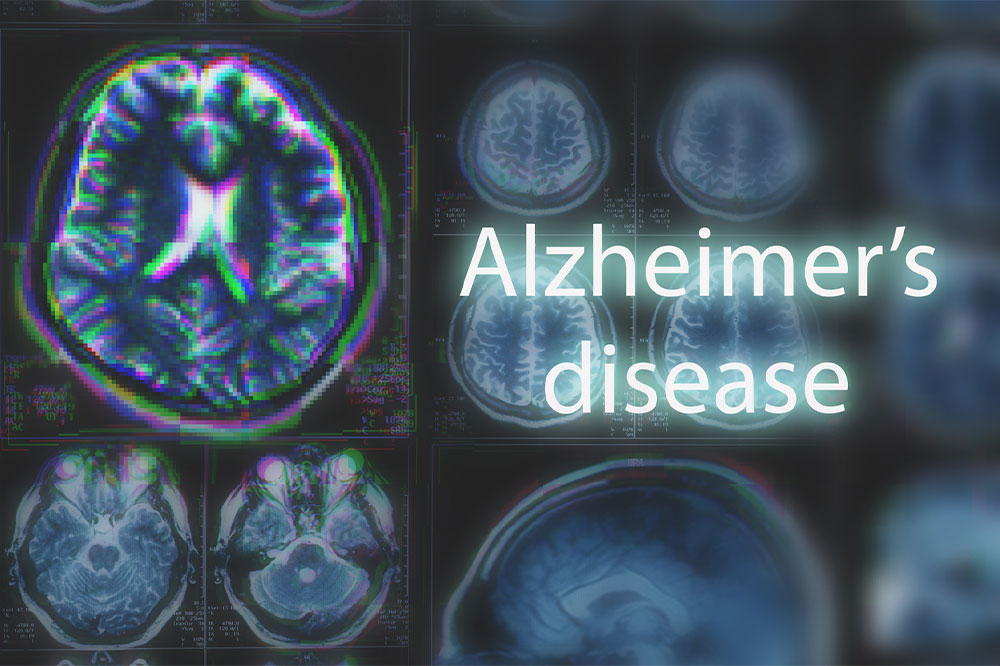Recognize These 7 Early Indicators of Dementia
Early signs of dementia include memory lapses, mood swings, withdrawal, disorientation, and repetitive actions. Recognizing these symptoms promptly can lead to better management. Though there's no cure, early intervention can slow progression and improve quality of life. This article highlights key indicators to watch for in loved ones or oneself, emphasizing the importance of timely medical attention for cognitive health.
Sponsored

Dementia comprises a group of symptoms that impair brain function, not a single disease. Various forms, such as Alzheimer’s, Huntington’s, and vascular dementia, can affect memory, thinking, and decision-making. These symptoms often lead to complete reliance on caregivers. While no cure exists, early detection and treatment can slow progression. It’s crucial to identify early signs to seek timely medical assistance.
Short-term Memory Difficulties
Forgetting occasionally is normal, but frequent lapses signal concern. This includes struggling to find objects, remember intentions, or recall recent events, yet retaining clear memories of past experiences.
Mood Changes
Early dementia can manifest as mood swings, depression, or personality shifts, such as becoming more outgoing unexpectedly. Recognizing these changes within oneself can be challenging.
Lack of Interest
A decrease in enthusiasm for favorite activities, withdrawal from social interactions, and reduced emotional responses are common signs of early dementia.
Difficulty with Tasks
Struggling to concentrate, complete routines, or learn new skills can be signs. Tasks like simple games or managing finances may become challenging.
They may also have trouble adapting to changes in routine.
Disorientation
Forgetting familiar faces, losing track of where they are, difficulty finding words, or misplacing belongings often occur in early dementia, leading to frustration.
Poor Navigation Skills
Forgetting directions, getting lost in familiar places, or struggling to recognize landmarks are typical. They might forget how to return home or follow a route.
Repetitive Behaviors
Repeating tasks, words, or routines is common due to memory lapses. They may also obsessively collect objects or rewash themselves.






